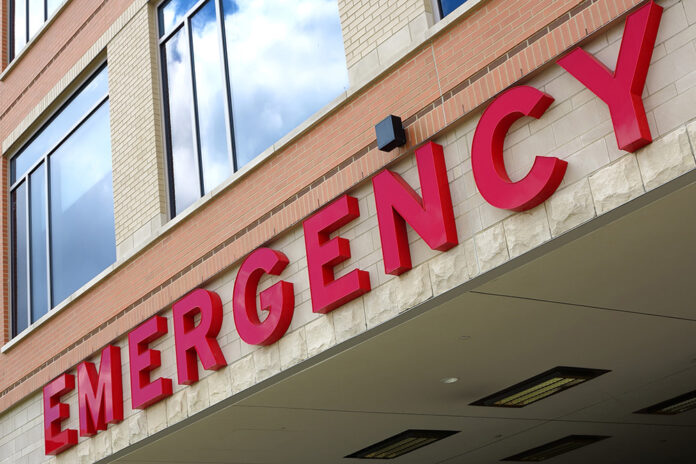
The Medicaid agency in Arizona will help sustain health care providers during the coronavirus pandemic by advancing more than $41 million in scheduled payments.
The Arizona Health Care Cost Containment System, which administers Medicaid for the state, will make the payments to hospitals, primary care providers, behavioral health outpatient providers and justice clinic providers who participate in its Targeted Investments (TI) program, according to the office of Gov. Doug Ducey.
“Arizona’s hospitals, doctors and behavioral health professionals have supported those in need during the COVID-19 health emergency and well before,” Ducey said in a statement. “AHCCCS is providing these payments ahead of schedule so we can ensure these health care providers and professionals can continue to serve Arizonans without interruption. My thanks to frontline workers and health care professionals across the state working around the clock to protect public health and safety.”
More than 100 providers were scheduled to receive previously allocated funds in the fall. They will get a portion of that funding – expected in early May – for demonstrating enhanced care coordination as part of the five-year TI initiative supporting the integration of physical and behavioral health services.
More than 106 provider organizations will receive a portion of the funds they were scheduled to receive in the fall of 2020 as a part of their successful participation in the five-year Targeted Investments initiative, which supports providers as they integrate physical and behavioral health services. The program rewards participants for meeting certain quality metrics demonstrating enhanced care coordination within and across providers and clinic settings.
As of January, more than 1.6 million Arizona residents received Medicaid, according to Medicaid.gov. As of this month, 79,781 Pinal County residents qualified for the medical assistance, according to healthinsurance.org.
The agency has taken other steps to lend financial support to health care providers in the state, including $5.3 million in additional payments to critical access hospitals.


![Elena Trails releases home renderings An image of one of 56 elevation renderings submitted to Maricopa's planning department for the Elena Trails subdivison. The developer plans to construct 14 different floor plans, with four elevation styles per plan. [City of Maricopa]](https://www.inmaricopa.com/wp-content/uploads/2024/04/city-041724-elena-trails-rendering-218x150.jpg)
![Affordable apartments planned near ‘Restaurant Row’ A blue square highlights the area of the proposed affordable housing development and "Restaurant Row" sitting south of city hall and the Maricopa Police Department. Preliminary architectural drawings were not yet available. [City of Maricopa]](https://www.inmaricopa.com/wp-content/uploads/2024/04/041724-affordable-housing-project-restaurant-row-218x150.jpg)




![City looks to lower property taxes again City Manager Ben Bitter speaks during a Chamber of Commerce event at Global Water Resources on April 11, 2024. Bitter discussed the current state of economic development in Maricopa, as well as hinting at lowering property tax rates again. [Monica D. Spencer]](https://www.inmaricopa.com/wp-content/uploads/2024/04/spencer-041124-ben-bitter-chamber-property-taxes-web-218x150.jpg)








![Who’s the Best Mom InMaricopa? Nominate now! Marlene Marshall, Christina Olivares, and Meghan Bremer. [Bryan Mordt]](https://www.inmaricopa.com/wp-content/uploads/2023/05/BCM_8465-100x70.jpg)